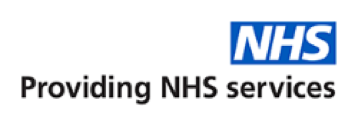LATEST NEWS
Increase cases of measles
We are seeing an increase in cases of measles in Birmingham and Solihull. This holiday season, please be aware of measles symptoms, including:
- a high temperature
- a runny or blocked nose
- sneezing
- a cough
- red, sore, watery eyes
If you think you or your child may have measles, contact your GP practice.
Do not visit your GP practice or any healthcare setting, unless advised by a healthcare professional, because measles can spread to others easily.
- Go to Measles – NHS (www.nhs.uk) for more information
Get vaccinated against measles
The MMR vaccine can prevent measles. It also protects you from mumps and rubella.
The MMR vaccine is offered to all children in the UK. 2 doses can give lifelong protection against measles, mumps, and rubella.
Ask at your GP surgery if you’re not sure you or your child have had the vaccine. They can give it for free on the NHS.

